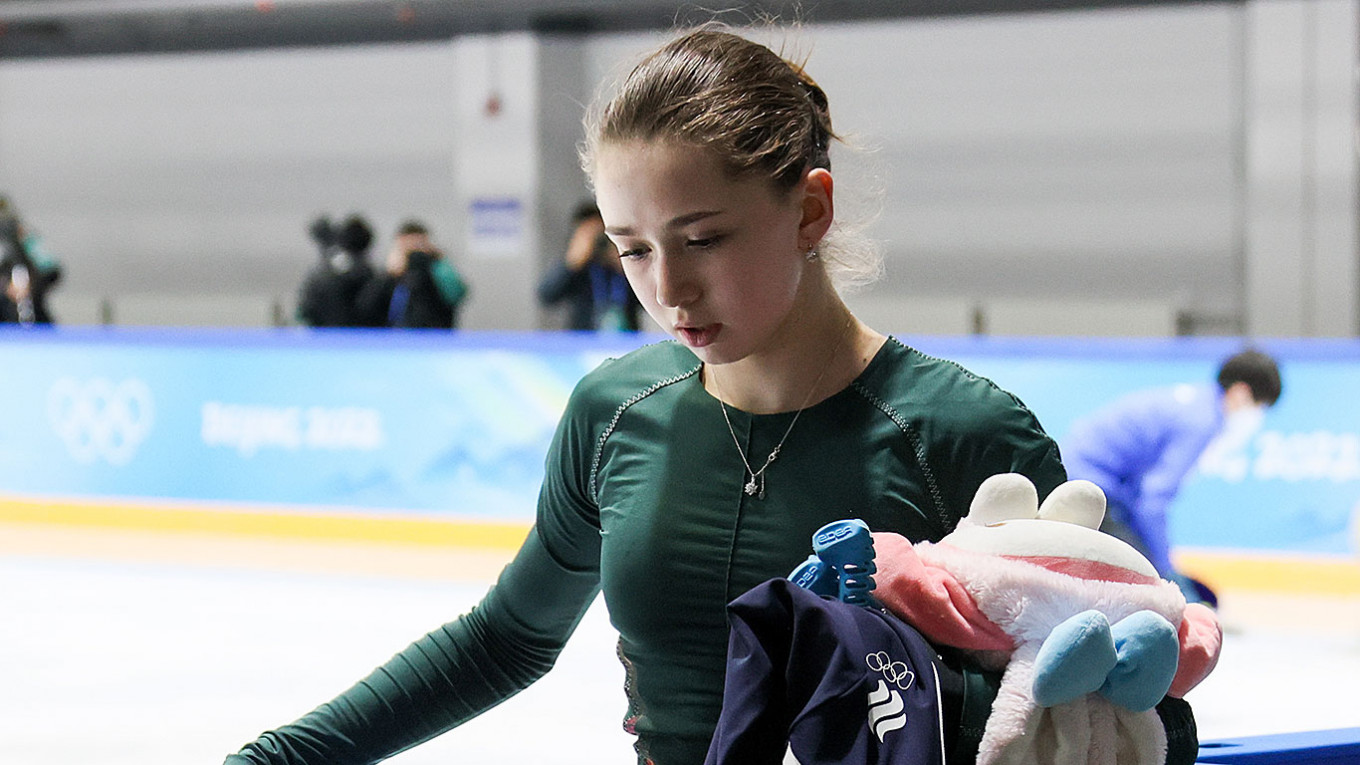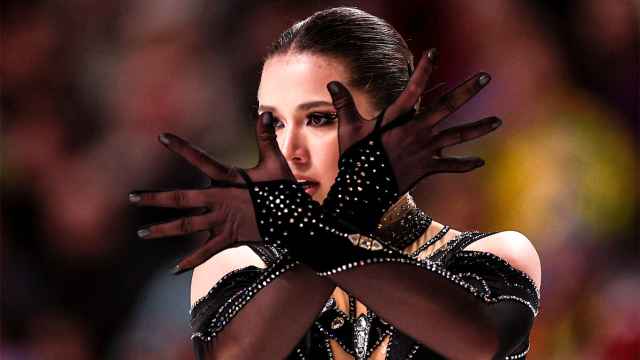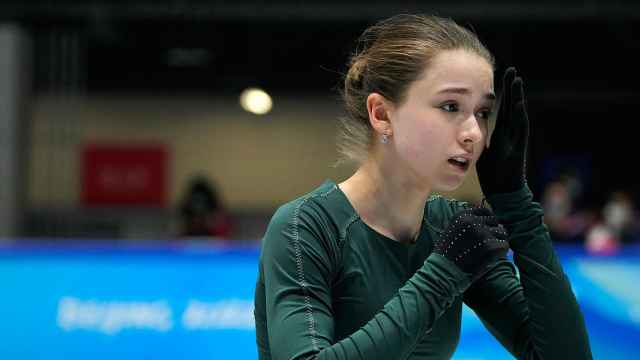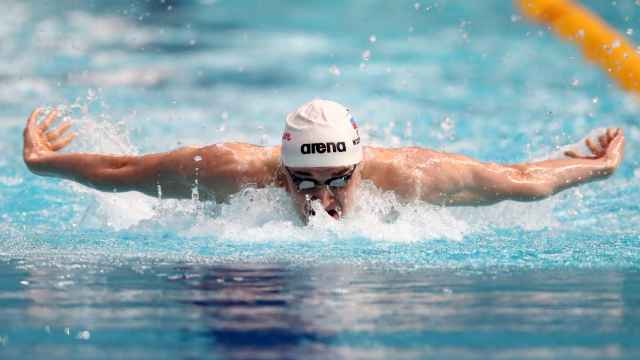Star Russian figure skater Kamila Valieva said she failed a doping test due to a mix-up with her grandfather’s heart medication, an Olympic official told Reuters Tuesday.
Olympic testers confirmed last week that Valieva — who led the Russian Olympic Committee to team gold at the Beijing Winter Olympics and is a favorite for singles gold — had tested positive for banned heart medication trimetazidine in December. She is nonetheless being allowed to compete in the singles event that starts Tuesday.
"Her argument was this contamination happened with a product her grandfather was taking," International Olympic Committee (IOC) official Denis Oswald told reporters.
According to Oswald, this argument worked in the 15-year-old figure skater's favor as she sought to challenge her temporary suspension.
The Russian Anti-Doping Agency (RUSADA) had imposed a temporary suspension on Valieva on Feb. 8 which the agency's disciplinary committee lifted the next day.
The IOC, the International Skating Union (ISU) and the World Anti-Doping Agency (WADA) filed appeals against the skater's admission to the Games, but the Court of Arbitration for Sport (CAS) ruled Sunday that Valieva could participate in the women's singles event that begins on Tuesday.
The athlete has not been cleared of doping and could still face repercussions.
The IOC has said that if Valieva finished in the top three, it will not hold a medal ceremony until the doping issue was resolved.
She told Russia's Channel One broadcaster on Monday that she is happy to still take part in the Olympics but noted that she is “emotionally tired” following the doping scandal.
The scandal surrounding Valieva has re-ignited controversy surrounding Russia's presence at the Olympics. Russian athletes are banned from competing at the Beijing Games under their national flag due to past widespread doping violations.
The World Anti-Doping Agency banned trimetazidine, a metabolic agent prescribed for the treatment of angina and vertigo, because it can increase blood flow efficiency and help endurance.
A Message from The Moscow Times:
Dear readers,
We are facing unprecedented challenges. Russia's Prosecutor General's Office has designated The Moscow Times as an "undesirable" organization, criminalizing our work and putting our staff at risk of prosecution. This follows our earlier unjust labeling as a "foreign agent."
These actions are direct attempts to silence independent journalism in Russia. The authorities claim our work "discredits the decisions of the Russian leadership." We see things differently: we strive to provide accurate, unbiased reporting on Russia.
We, the journalists of The Moscow Times, refuse to be silenced. But to continue our work, we need your help.
Your support, no matter how small, makes a world of difference. If you can, please support us monthly starting from just $2. It's quick to set up, and every contribution makes a significant impact.
By supporting The Moscow Times, you're defending open, independent journalism in the face of repression. Thank you for standing with us.
Remind me later.






